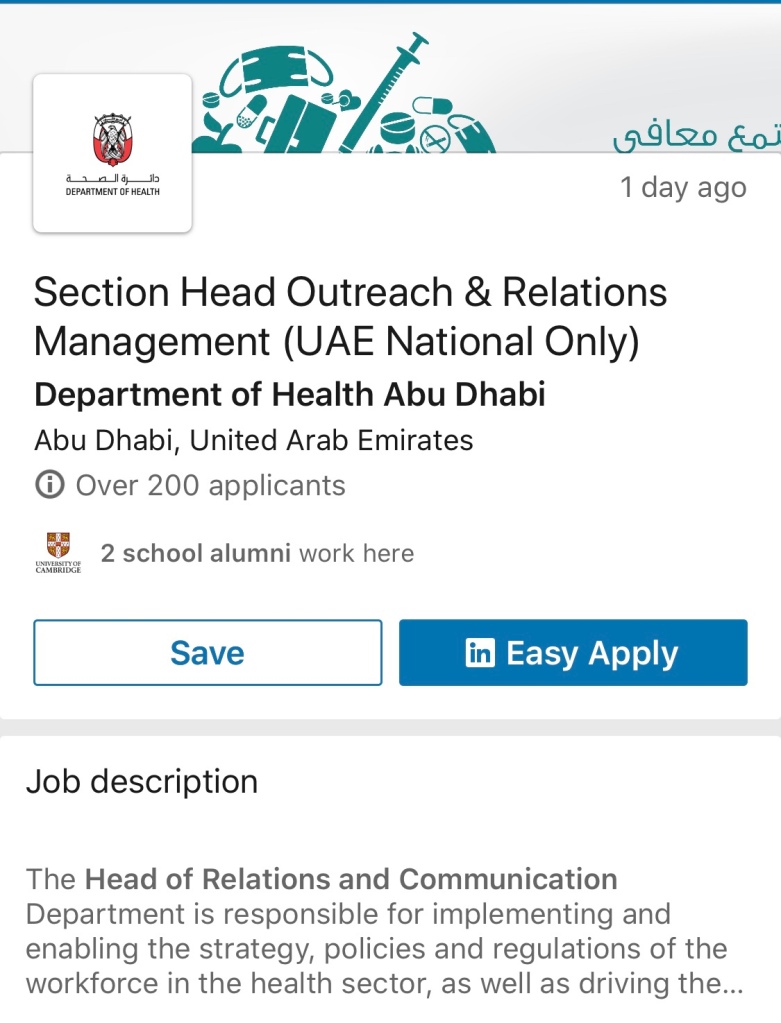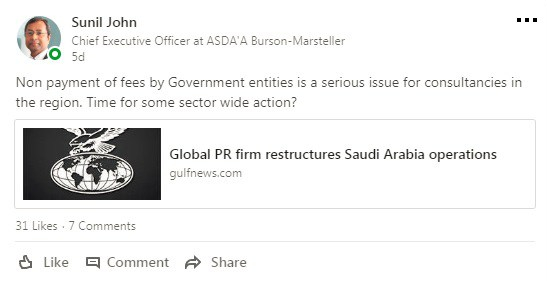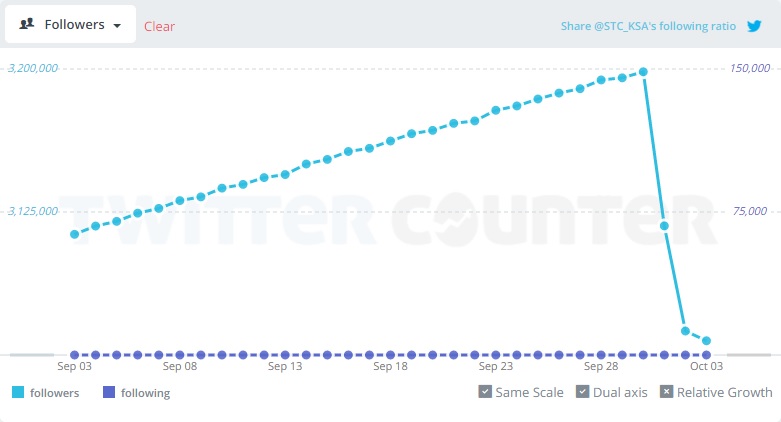
This is the second post on the research by YouGov, which was commissioned by the Middle East Public Relations Association and looks into consumer trust, both online and offline, when it comes to advertising and media recommendations in goods and services.
This second post covers Saudi Arabia and the United Arab Emirates, which follows the post from the first four countries yesterday.
Saudi Arabia
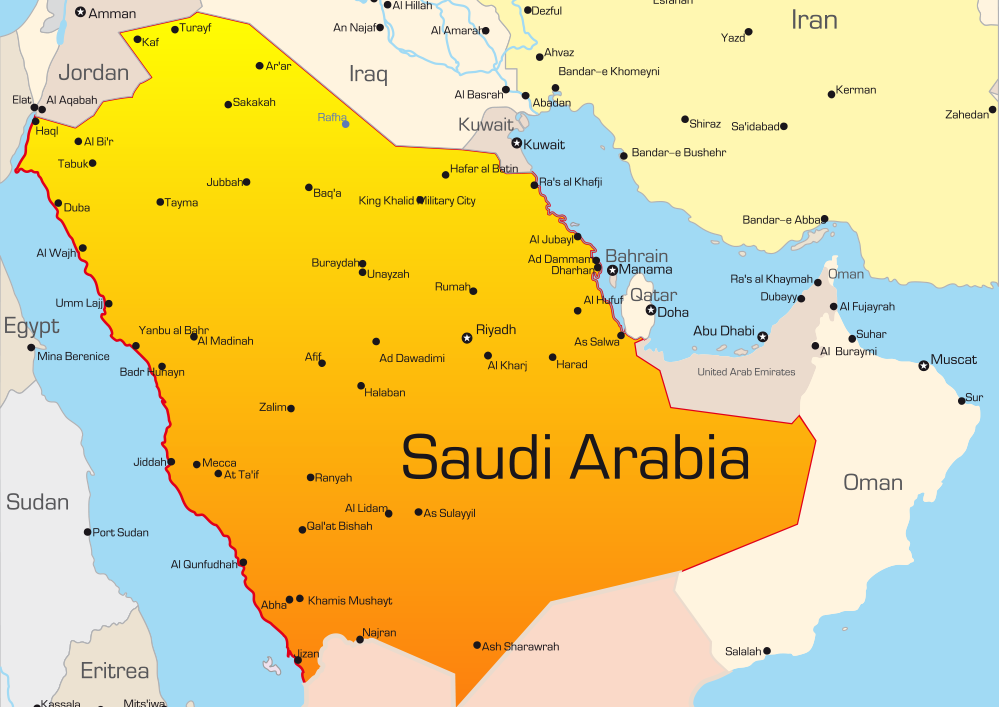
1003 people were surveyed in Saudi Arabia, 64% of whom were Saudi nationals and 36% were expat. When it comes to gender, 56% were male, and 44% were female. Just under 47% were aged between 18 and 29, 31% were between the ages 30 and 39, and 22% were aged over 40.
In terms of geography, just over 30% live in Riyadh, 24% live in Jeddah, 7% in Mecca, 6% in Dammam and 5% in Madinah. The other 28% live outside of these areas.
Finally, 38% described themselves as single, 51% as married with children, and 7% were married but had no children. The remaining 4% were classed either as other or did not respond.
Family, Friends and Third Parties
When it comes to those closest to them, Saudi respondents scored the lowest in the Gulf; only 82% trust in face-to-face conversations with friends and family about products and services. Younger respondents showed the lowest trust; 79% of 18-24 year-olds, compared to 90% of 35-39 year-olds. Saudi nationals scored 79%, and Saudi-based expats 88%. The other large discrepancy was between singles (77%) and those who were married (85%).
When it comes to trust in social media posts by friends and family about products and services, the scores were much better; 54% found such posts trustworthy, compared to 13% who found them untrustworthy. There’s a seven percent difference between young respondents (18-24) who trust the least (52%), and respondents in the 30-34 age bracket, who trust the most (59%). Saudi nationals were also less trusting than expats, with scores of 52% and 59% respectively.
Those surveyed in Saudi did show higher levels of trust in third-party endorsements of products and services, in comparison to a brand’s own positioning; 59% trust third-party endorsements, compared to 7% who don’t. There’s a 15% differential between those working (67%), and those who aren’t working (52%).
Trust in Social Media
Overall, the Saudi respondents showed slightly higher levels of trust (37%) than mistrust (29%) in social media posts by influencers and people with lots of followers on products and services. Men were much more likely to be trustworthy (42%) than women (30%). And those who are working are also more trusting (41%) than those who aren’t (33%).
Social media has become a much more important source of information to the Saudi respondents than it was five years ago (53% agreed with this statement, opposed to 15% who disagreed). This is especially true of younger respondents and those on lower incomes. However, trust is still an issue with what people see online; 43% have low trust in what they see online (this jumps to 52% for those earning US$5333 and higher), compared to 17% who disagree.
When it comes to the most popular social media channels for information on goods and services, Facebook topped the list (28%), followed by WhatsApp (16%), Instagram (14%), and Snapchat (9%). One-tenth (11%) didn’t use any social media. Facebook was least popular among the youth (24%), who prefer visual applications and instant messaging. In contrast, Facebook was the most popular among expats, almost half (49%) of whom use the platform.
Trust in Media & Advertising
Trust in media for Saudi respondents when it comes to products and service recommendations differed to the rest of the Gulf. Whilst branded websites scored top as the most trusted media (45%), television content, radio news and website articles also rated highly, with scores of 44, 39, and 39 percent respectively. Newspapers came second to last, at 36%, and blogs were the least trusted, at 33%.
When it comes to advertising, there’s a slight drop in trust among respondents. Television advertising is the most trusted, at 38%, followed by billboards at 37%, and radio at 31%. Online advertising is the least trusted, at 28%. A higher percent of respondents (32%) found online advertising untrustworthy than trustworthy.
When asked if they trust advertising less today than they did five years ago, 55% agreed and 13% disagreed. Men and those married with children were most likely to trust advertising less today than five years back. Saudis scored the lowest when it came to the impact of fake news on their trust in media sources. Only 58% agreed with the statement that so-called ‘fake news’ has lowered their trust in mainstream news media. In contrast, 11% disagreed.
United Arab Emirates
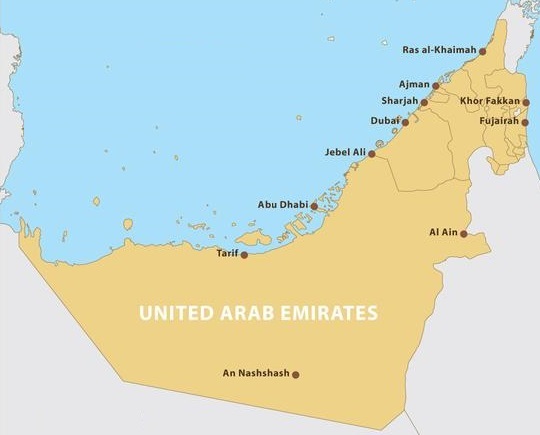
At 1010, the respondent base for the UAE was the largest from all the countries surveyed. Of this total, 18% were Emirati nationals, 24% Arab expats, 55% Asian expats, and just under 3% Western.
When it comes to gender, 65% were male, and 35% were female. Just under 42% were aged between 18 and 29, 38% were between the ages 30 and 39, and 20% were aged over 40.
In terms of salary, 37% earned over US$2,666 a month, 18% earned between US$1,066 and $2,665, 12% earned between US$533 and US$1,065, 8% earned between US$266 and US$532, and 7% earned less than US$265. The remaining 18% didn’t give their salary.
In terms of geography, 33% live in Abu Dhabi, 41% live in Dubai, 17% in Sharjah, and the remaining 9% outside those three Emirates.
Finally, 35% described themselves as single, 52% as married with children, and 11% were married but had no children. The remaining 2% were classed either as other or did not respond.
Family, Friends and Third Parties
Approximately 84% of those polled said they trusted face-to-face recommendations of products and services from their friends and family. The groups which exhibited the highest levels of trust were Western nationals (96%) and those earning over US$2,666 a month. Those groups who exhibited the lowest trust were earners below US$266 (70%) and those people living in other Emirates (77%).
When asked the same question about online, social media-based recommendations from friends and family, that number dropped to 55%. Young people aged between 18 and 24 were most likely to trust such recommendations (60%), as were Emirati, Arab Nationals and Westerners (65%, 66%, and 64% respectively). Asian expats (48%) and those living in Sharjah (49%) recorded the lowest levels of trust.
Conversely, almost two-thirds of people (63%) have more trust in what a third party says about a good or a service than what a brand says about its own goods and services.
Trust in Social Media
Only 39% of respondents trusted online recommendations from social media influencers or people with large followings. Unsurprisingly, considering how much time they spend online, younger people aged between 18 and 24 years are more likely to trust such recommendations (45%), as are Emiratis (52%).
Social media has become the most important source of information for people; 57% said social media has become a key source of information about goods and services today compared to five years back. However, half of the respondents also said that they have little trust in what they see on social media.
On social media Facebook is by far the most useful source of information for goods and services, with 52% of respondents using the site to know more about brands. Whatsapp was second, at 17%, and LinkedIn was third, with 10%. Surprisingly, Asian nationals and Westerners are the major outliers here, with only 45% and 44% respectively using Facebook, and 21% of Asians using WhatsApp as their preferred social media platform (I’m still not convinced however that a messaging app can be defined as a social media platform).
Trust in Media & Advertising
For advertising, the most trusted formats were television and billboards (both at 45%), followed by radio (41%), and online (37%). Over half of respondents (57%) said they trust advertising less today than they did five years ago. This was most noticeable among those who were married and didn’t have children (75%), and those earning over US$5333 (64%).
Brand websites scored higher than both media and advertising for trustworthiness; 53% of respondents said they trust corporate websites. Trust in print publications, in newspapers and magazines, was highest, at 48%, followed by radio and television, both of which scored a 44% trust rating. Blogs were the least trusted source of information, at 39%. When asked about fake news and their trust in the media, the UAE respondents polled like their Saudi counterparts. Only 59% agreed with the statement that so-called ‘fake news’ has lowered their trust in mainstream news media, with 10% disagreeing.
